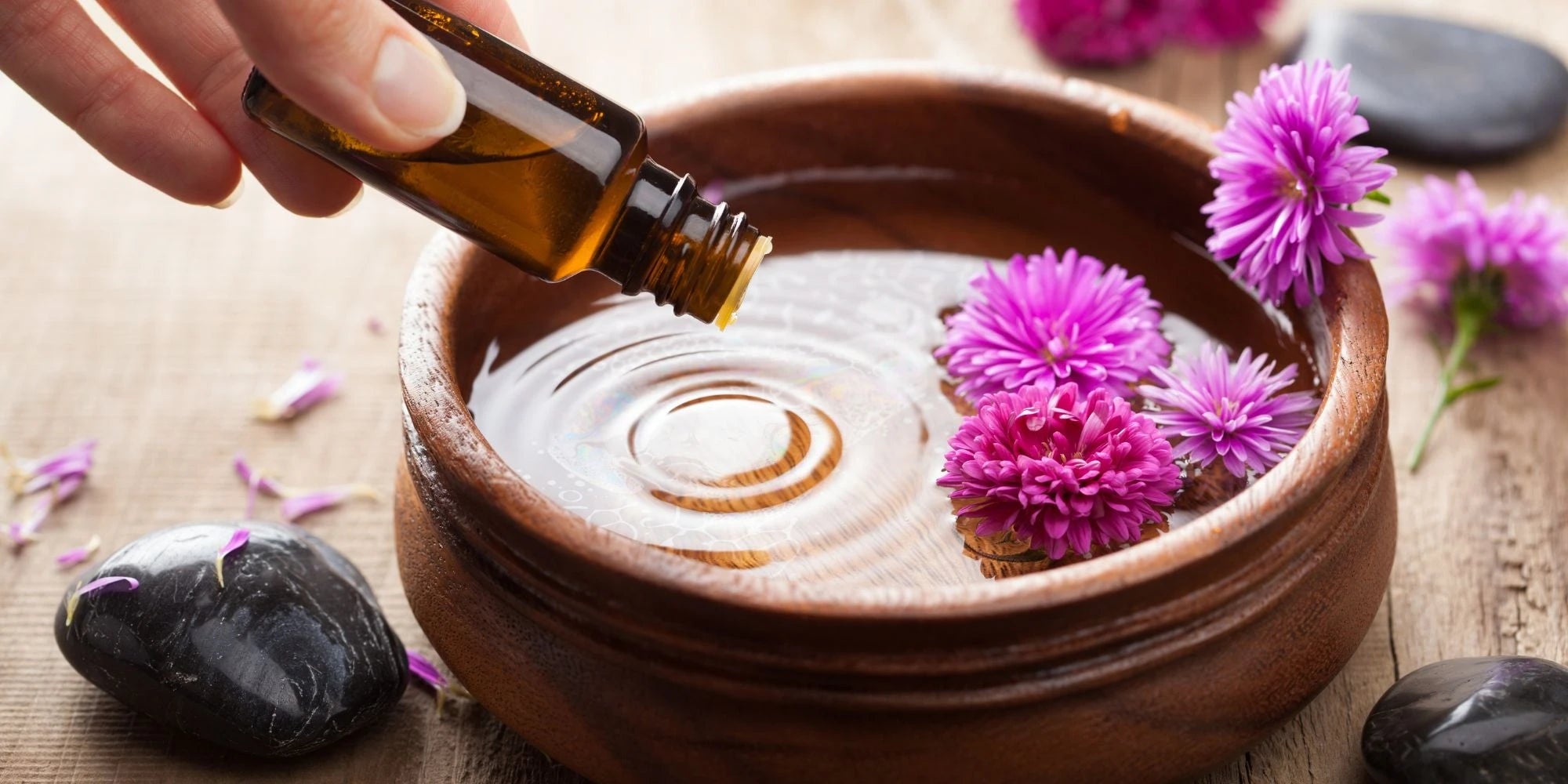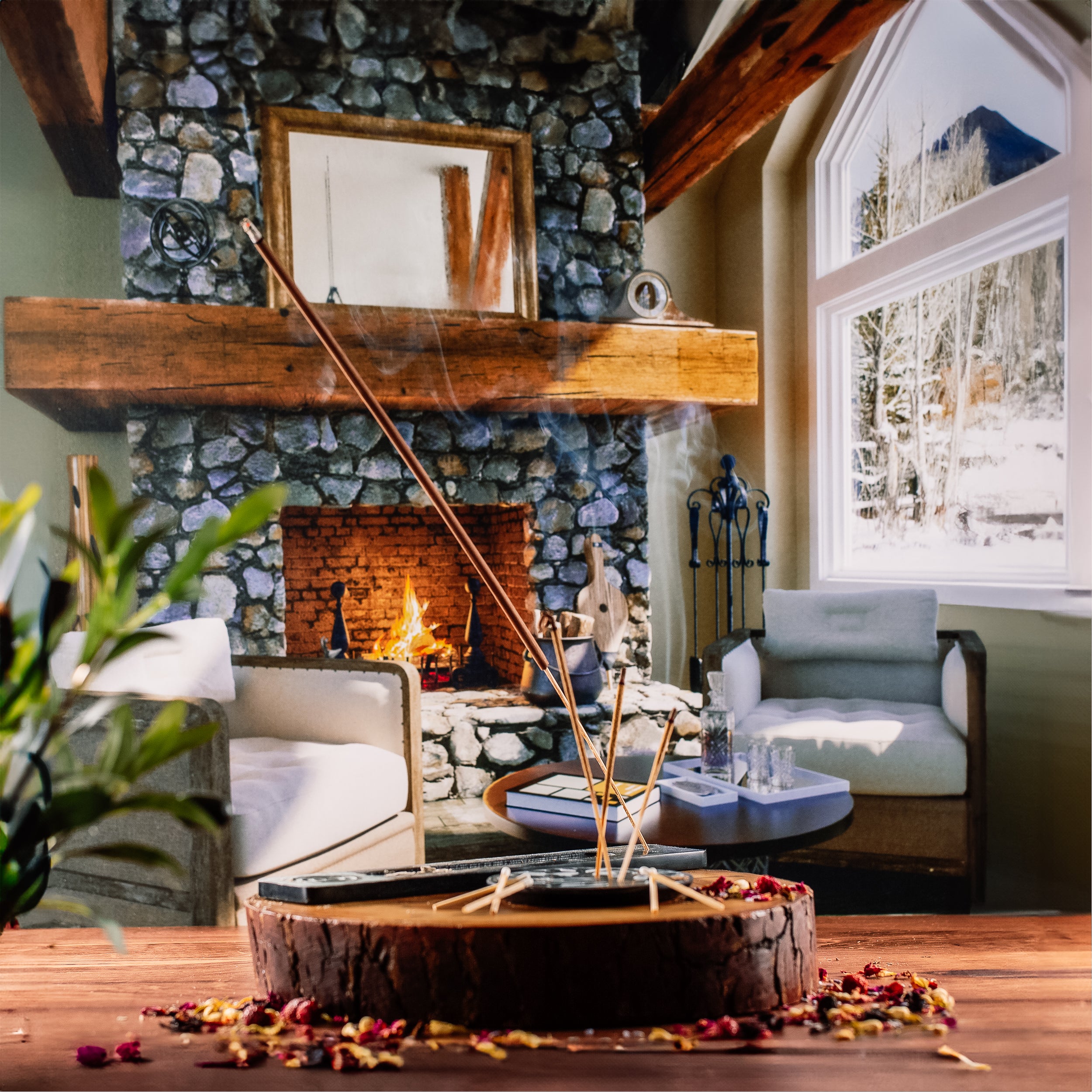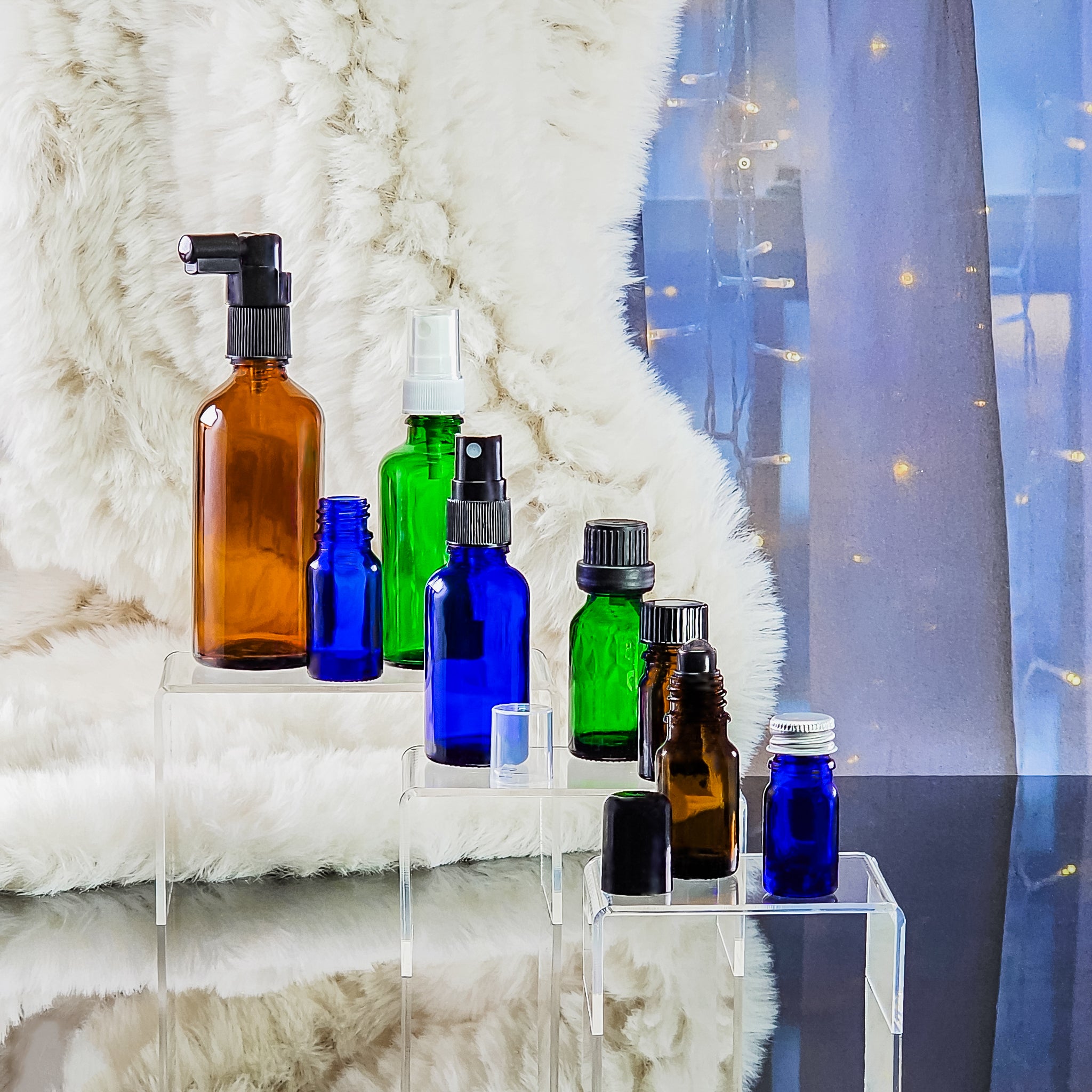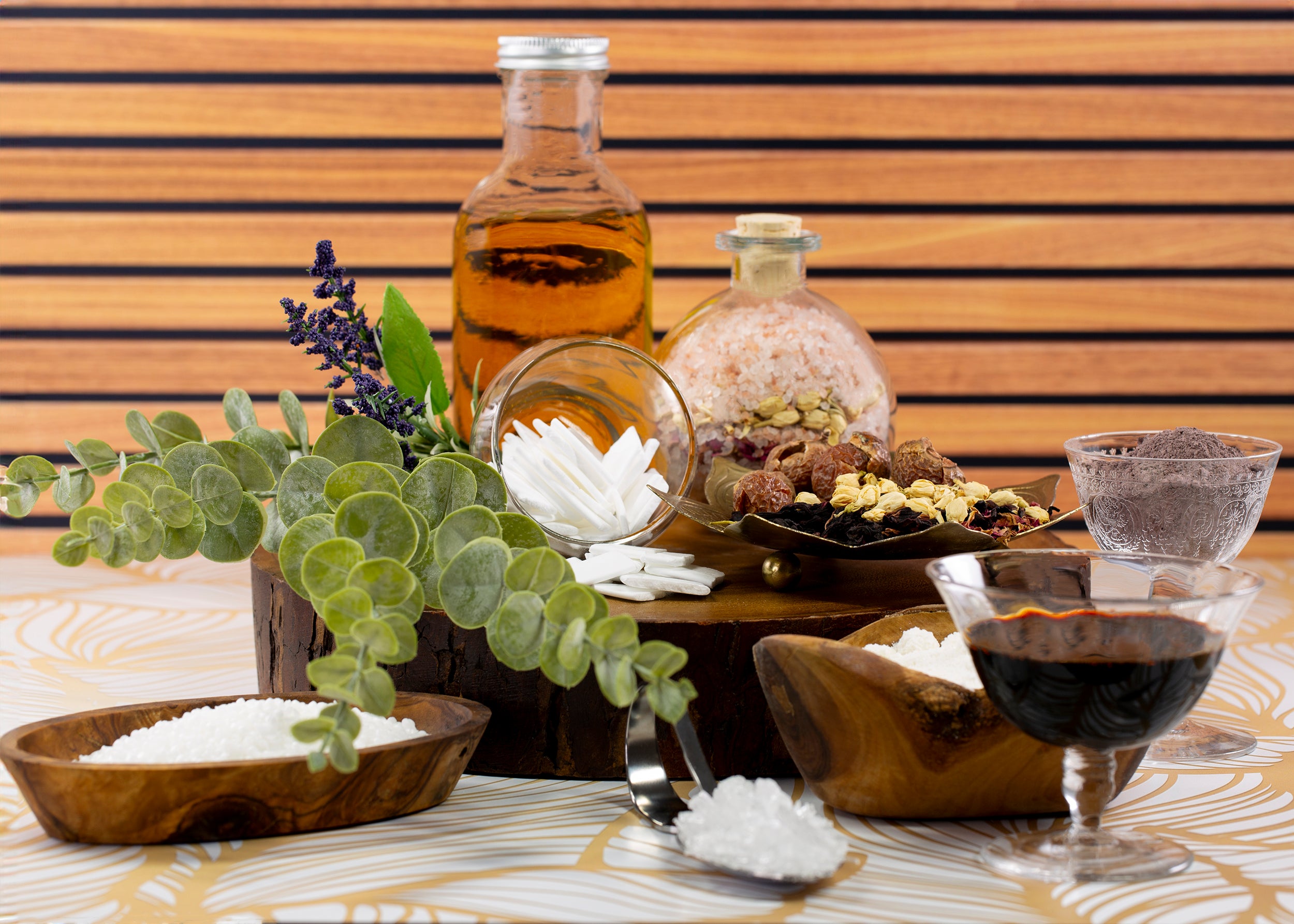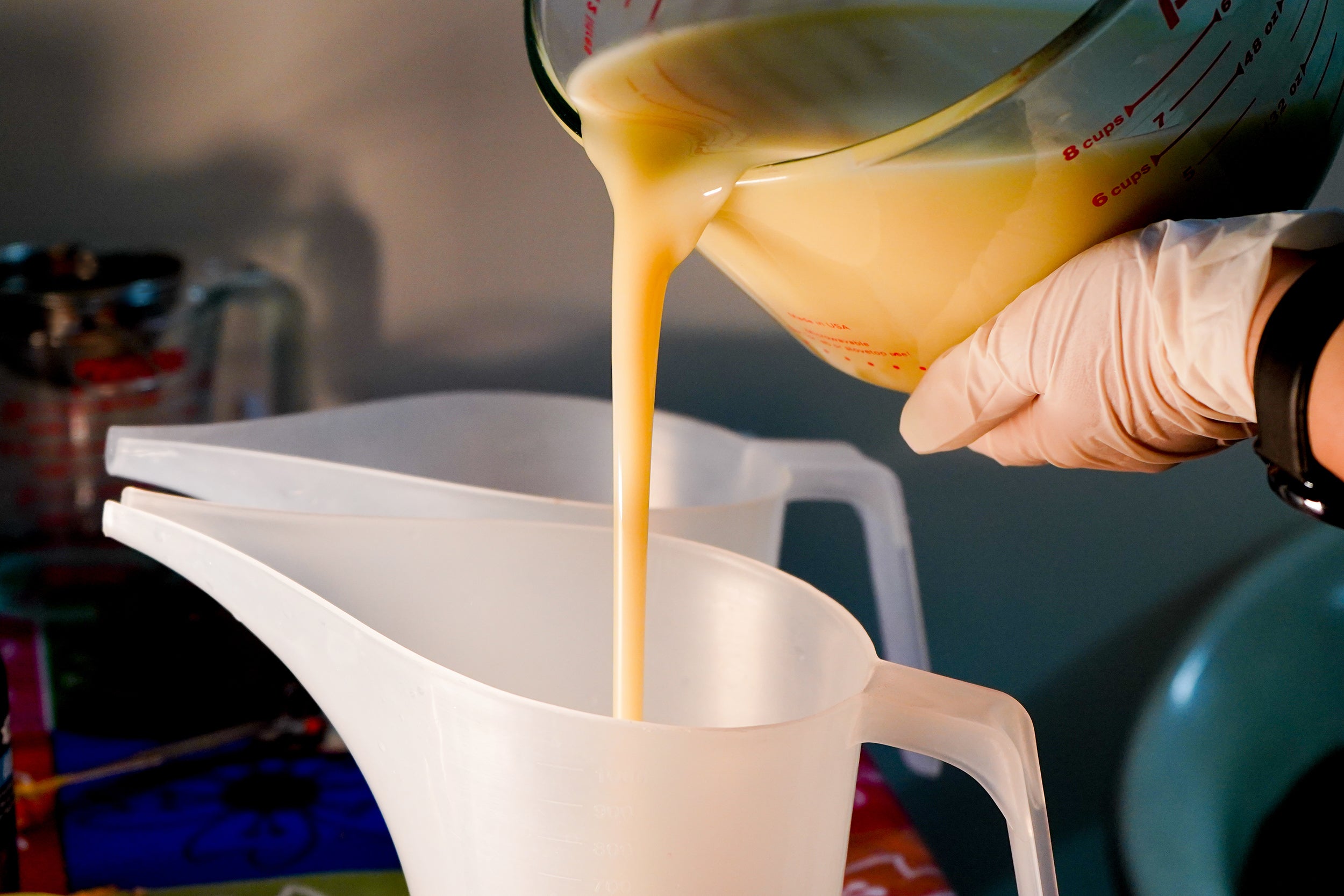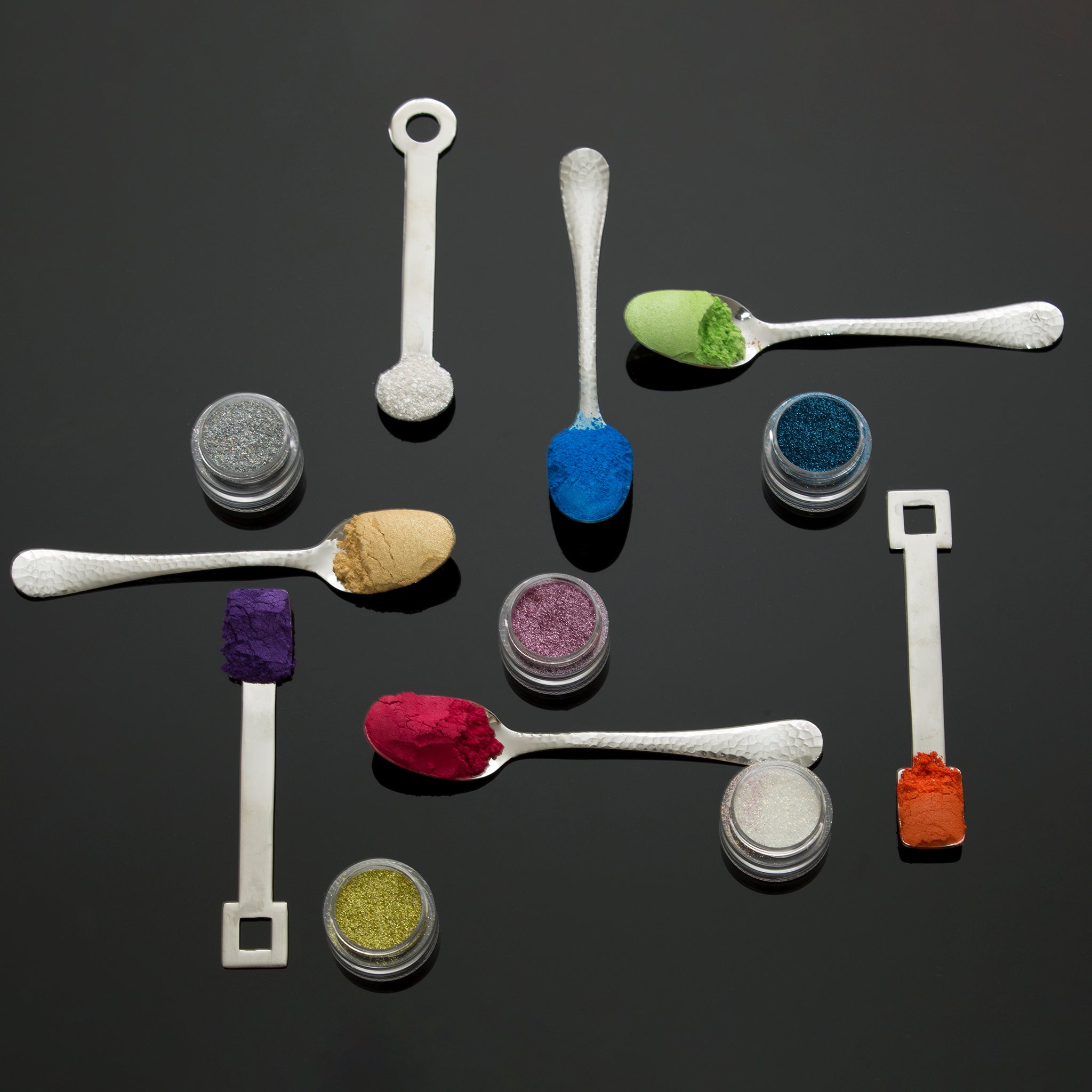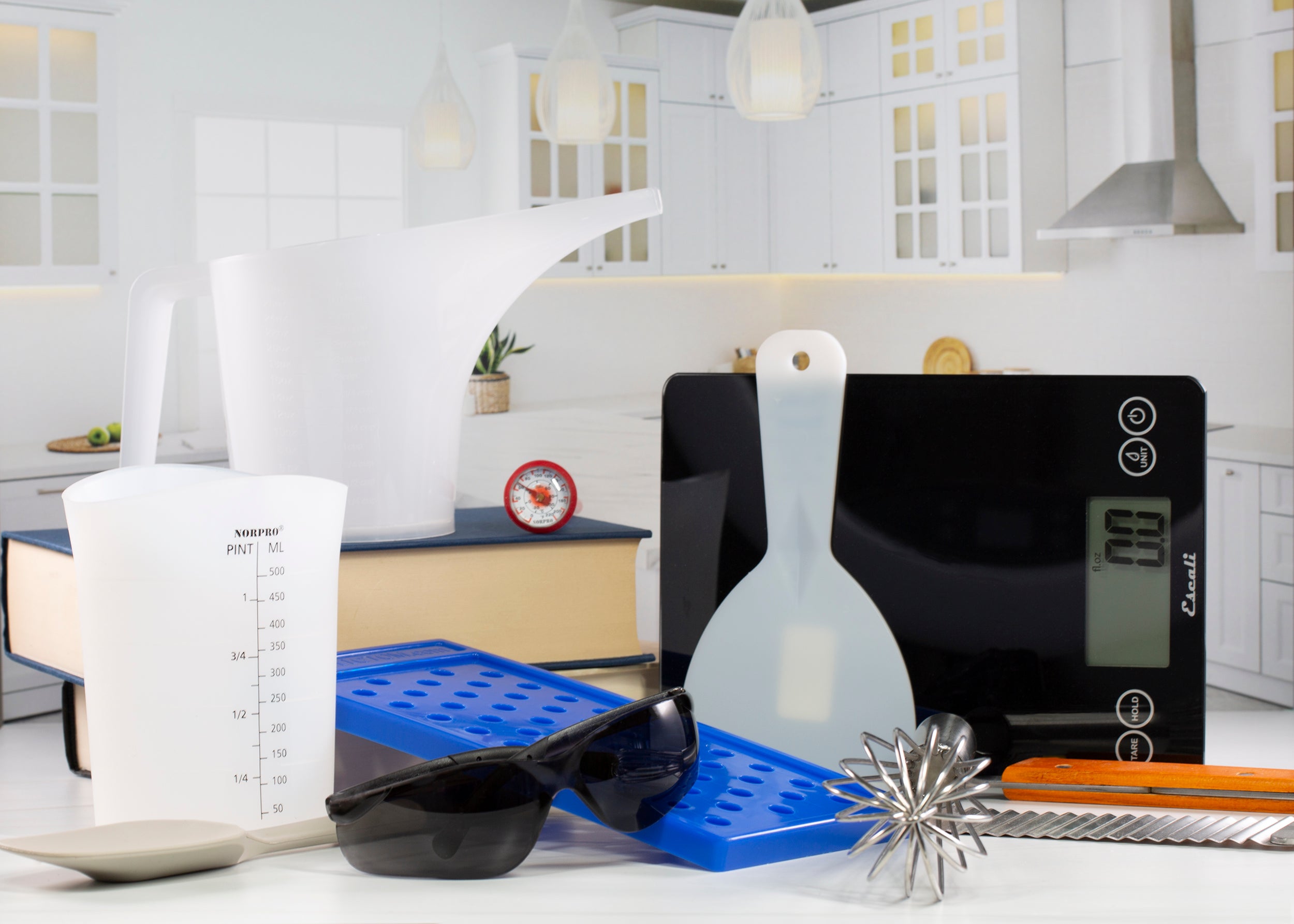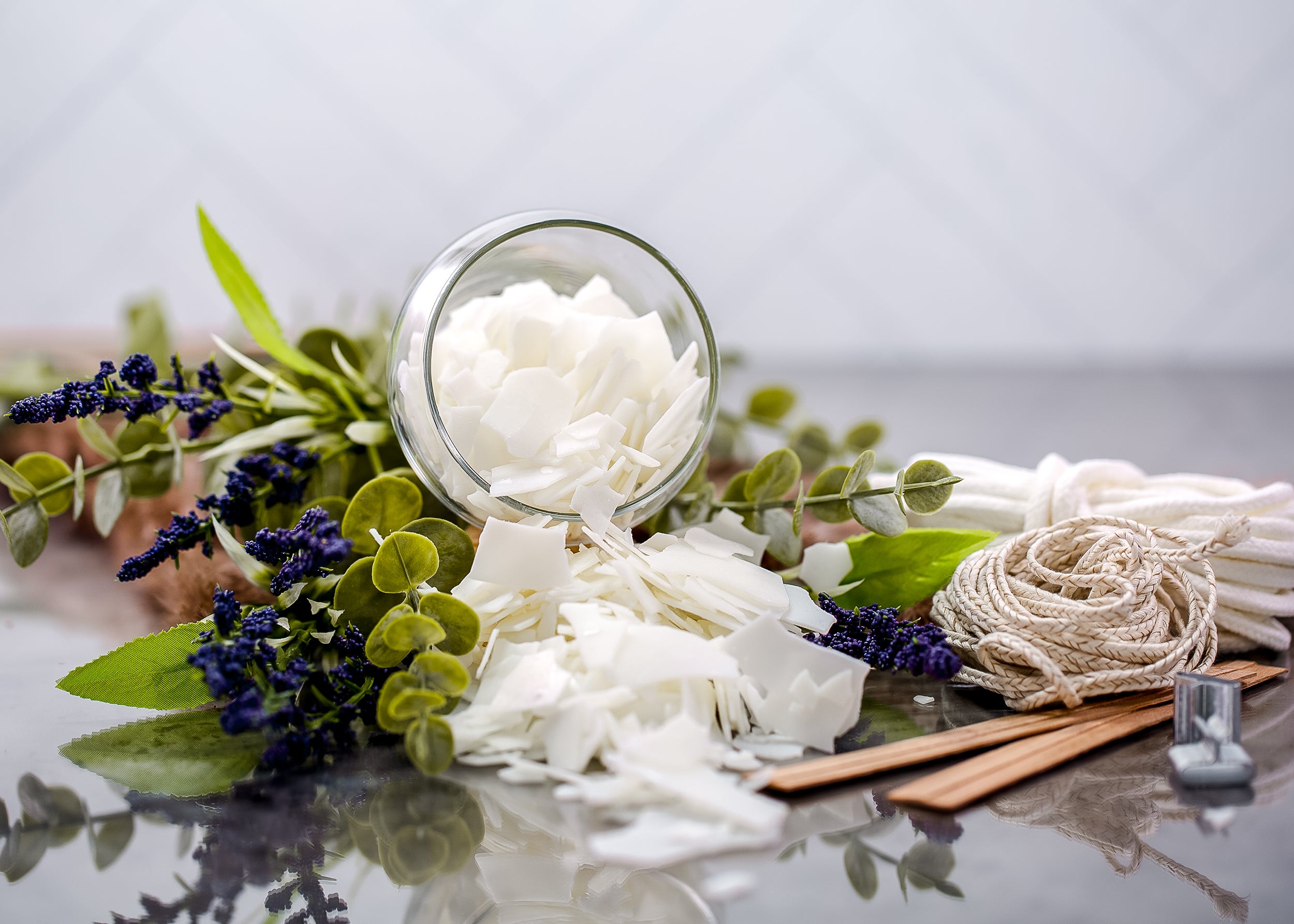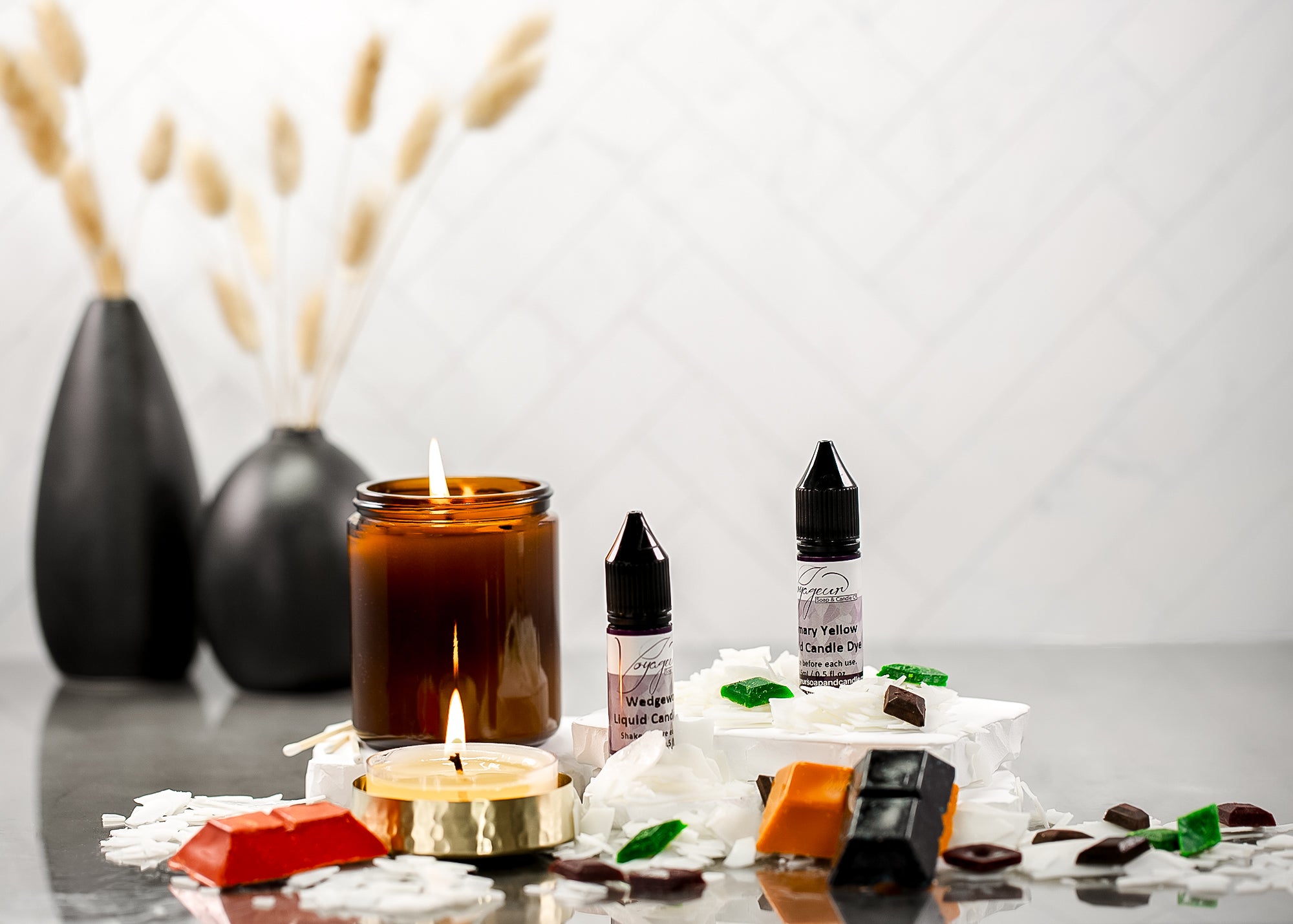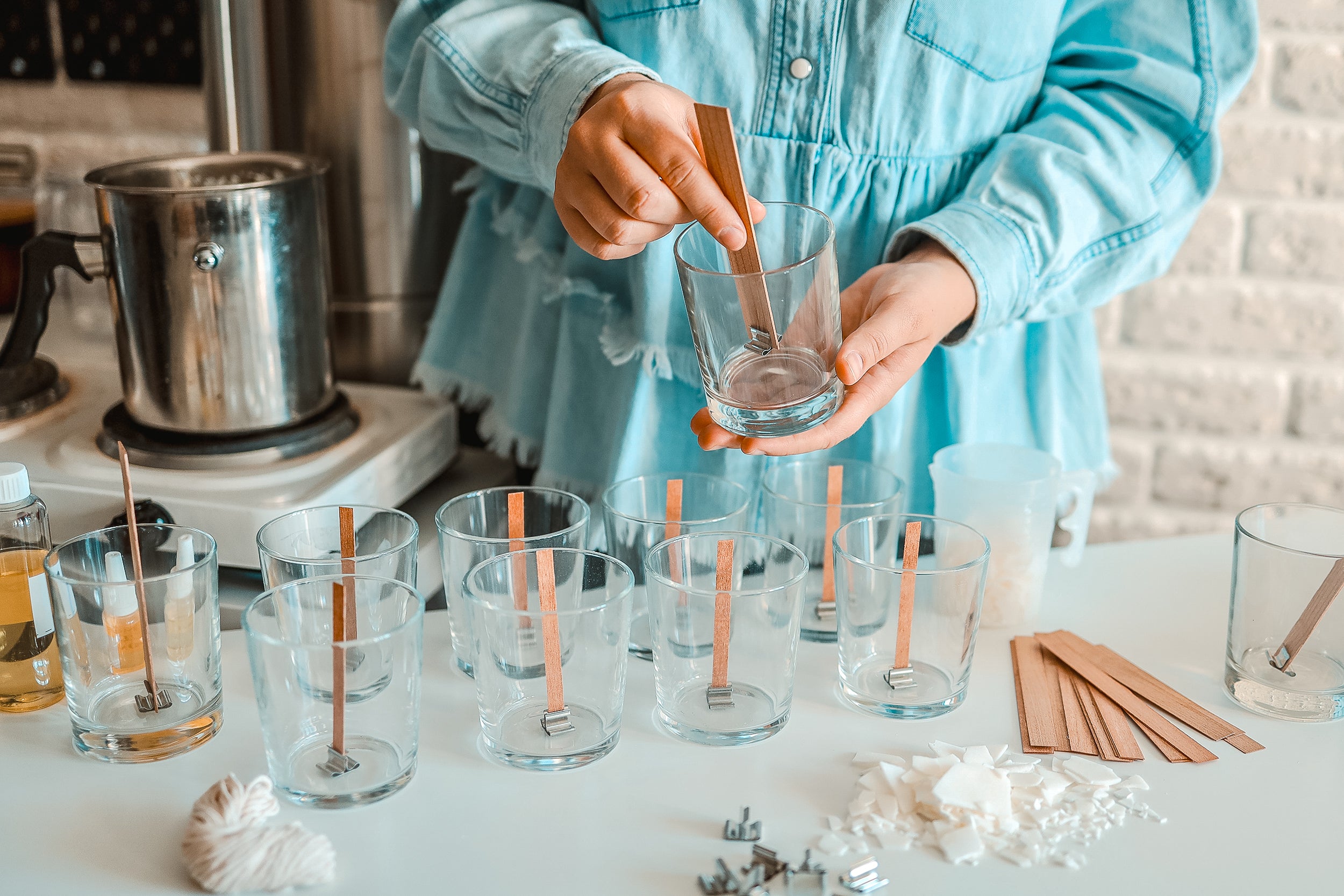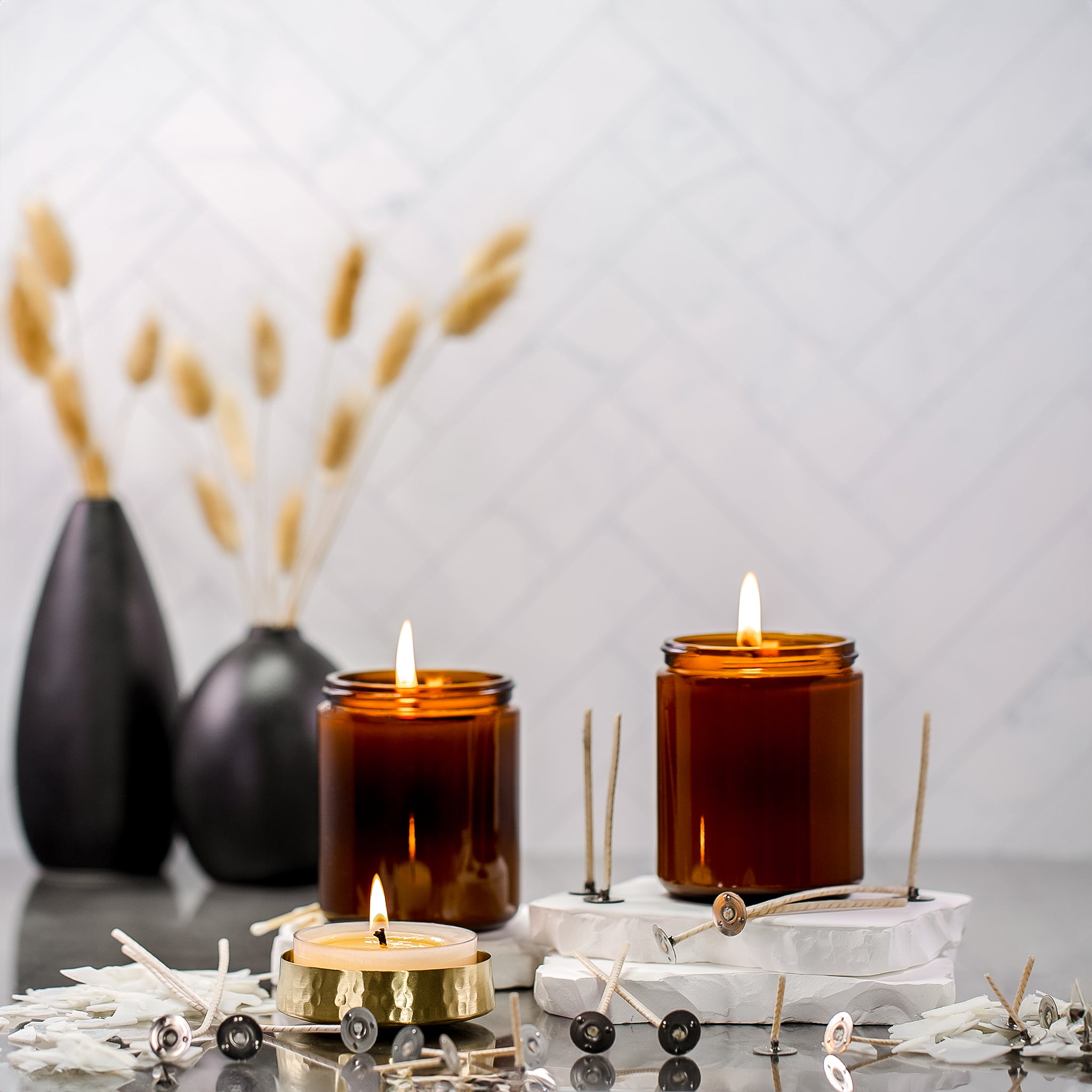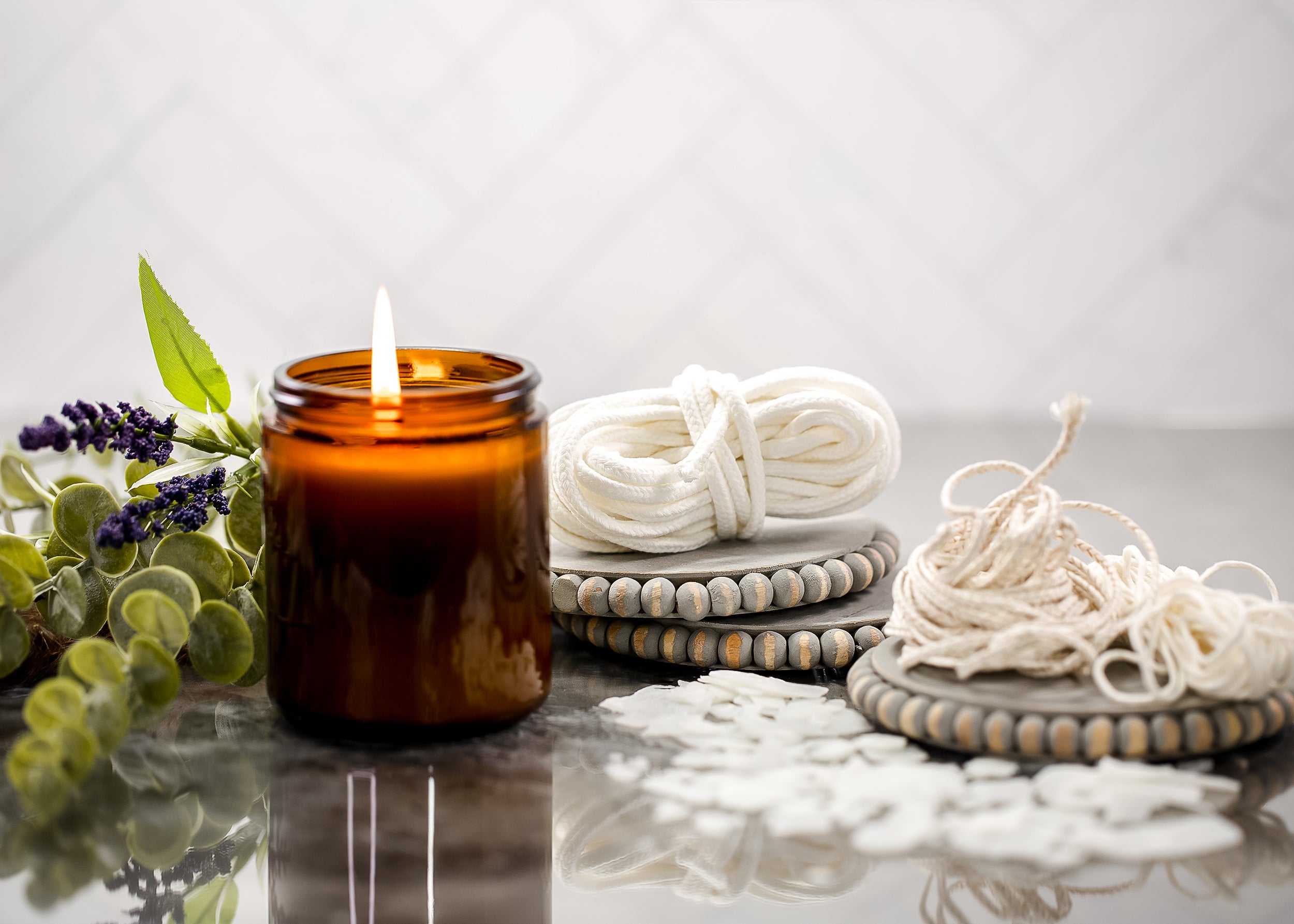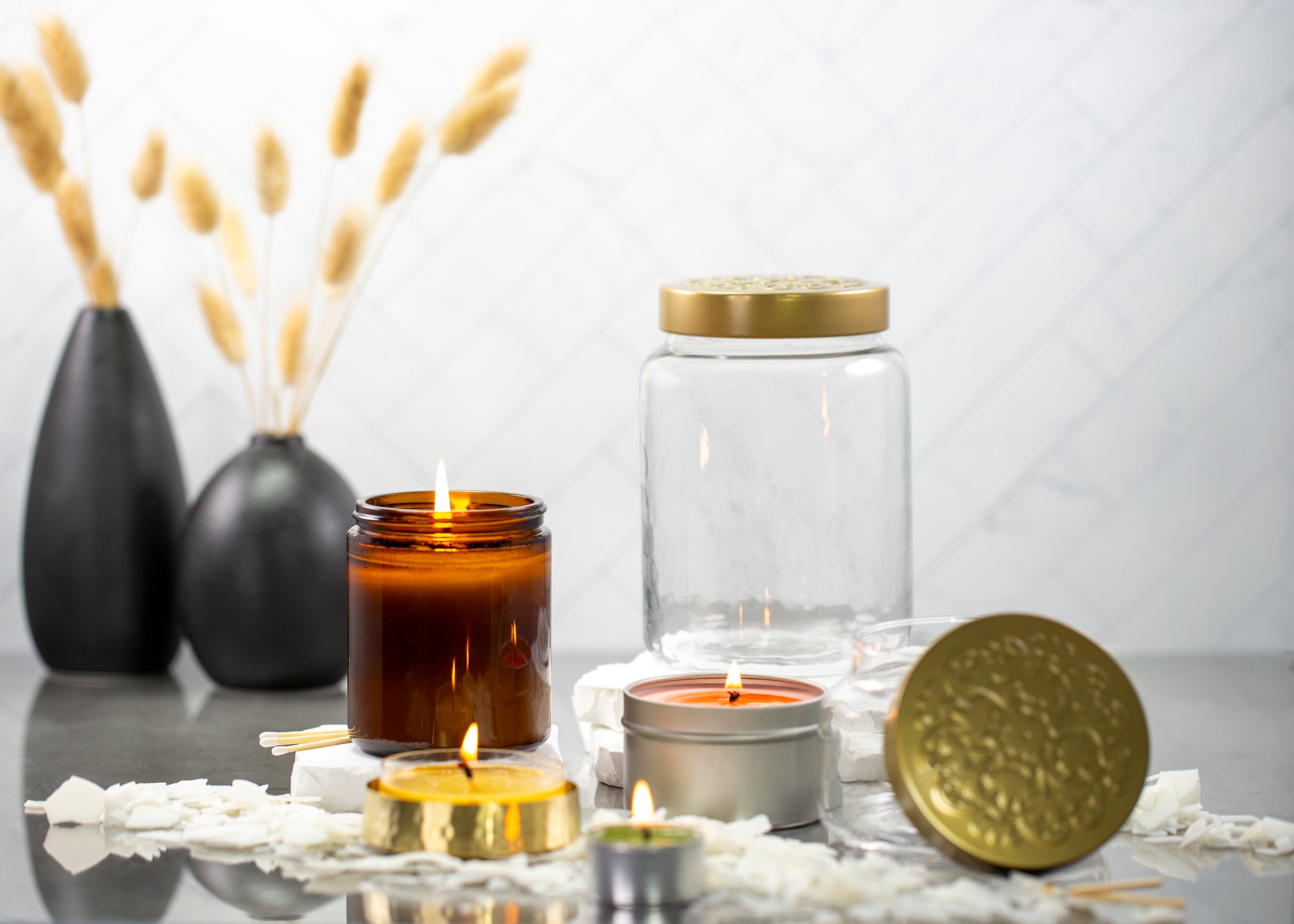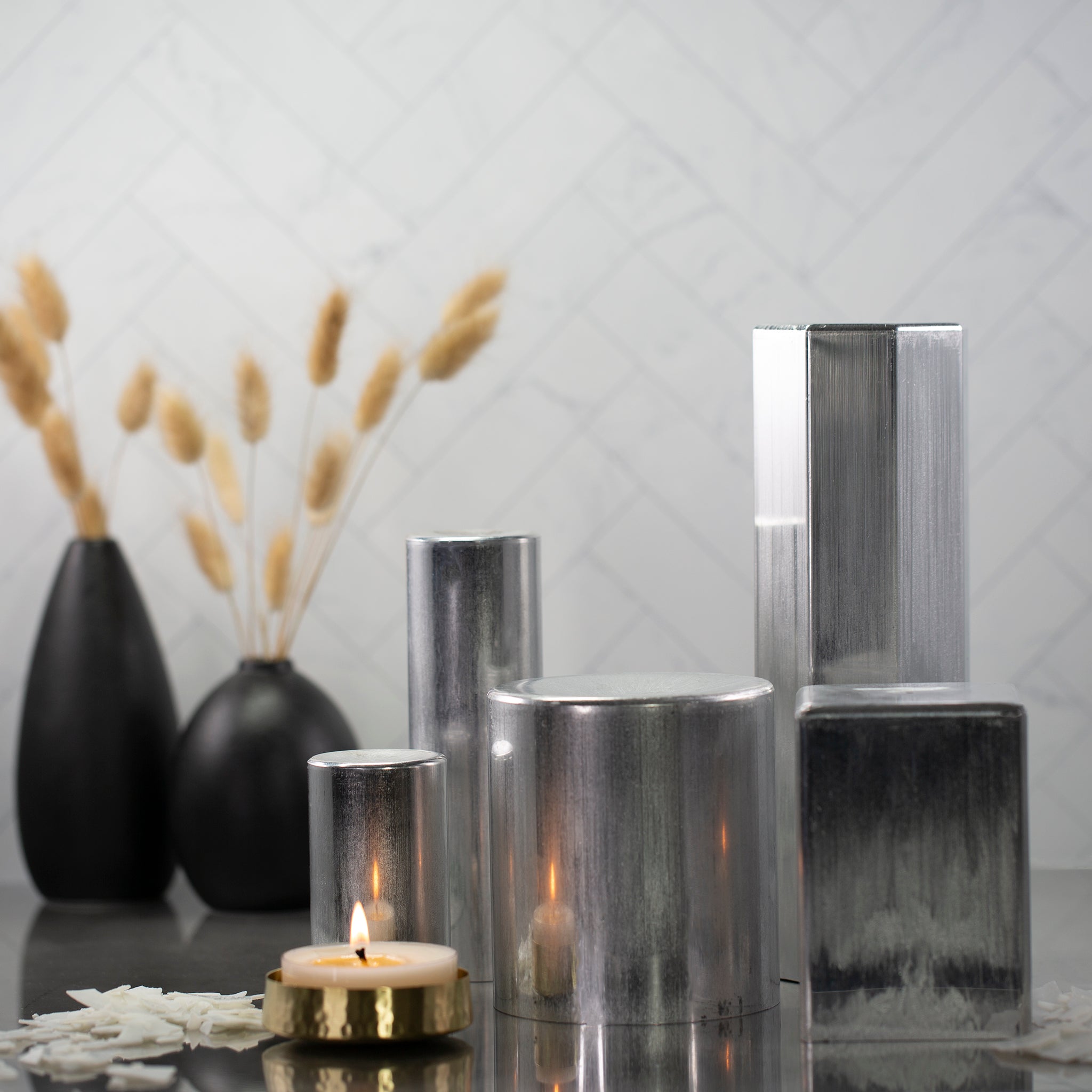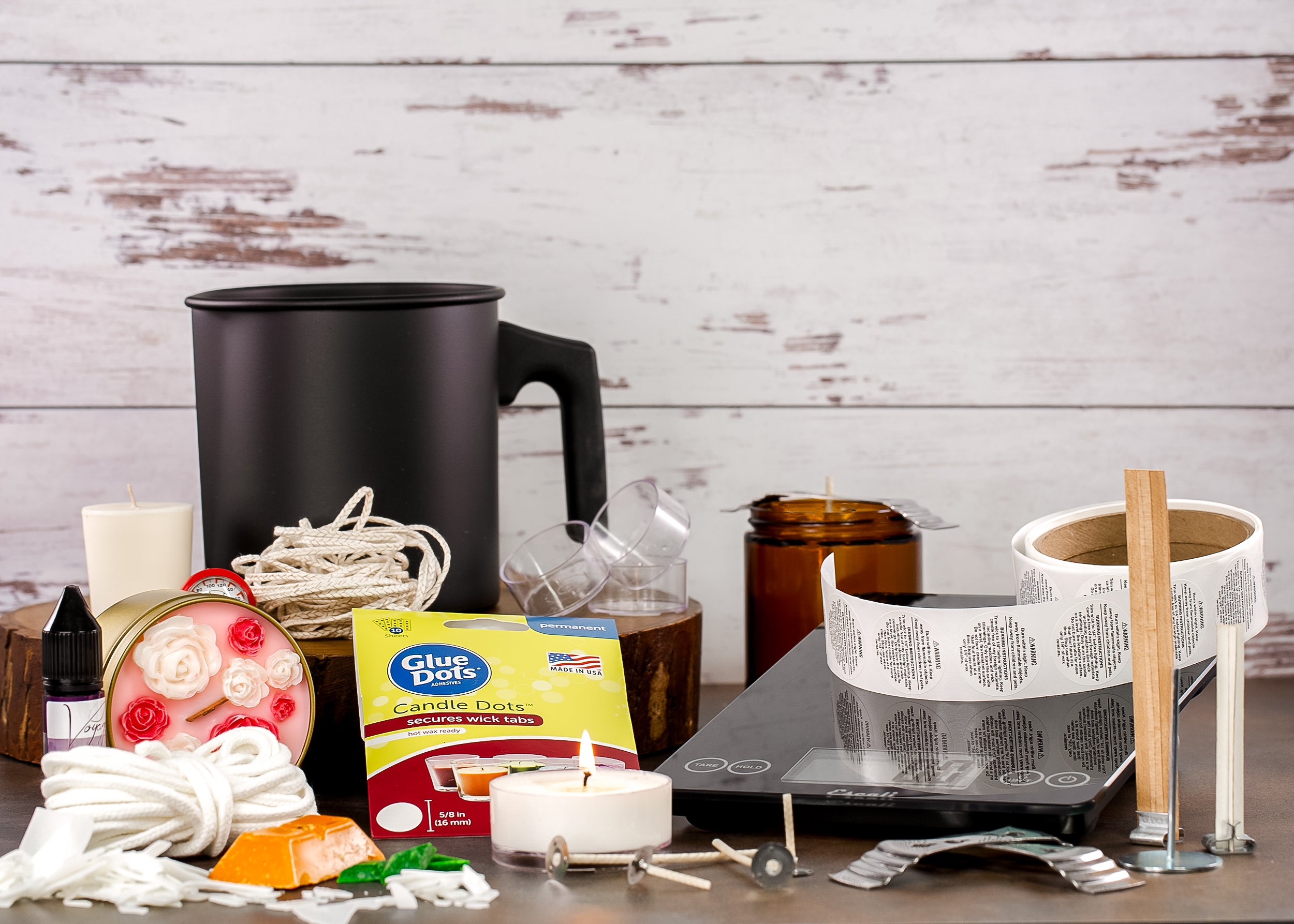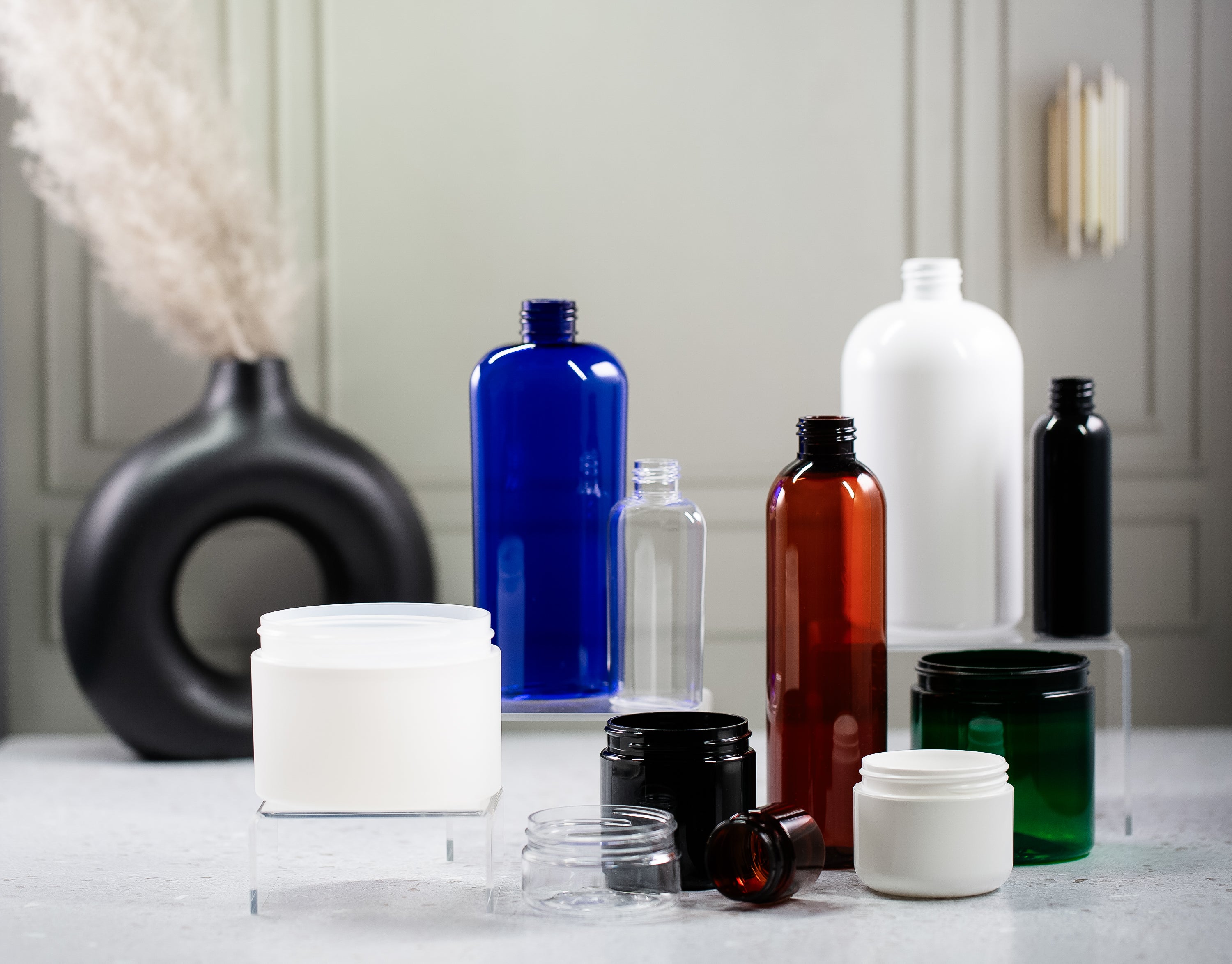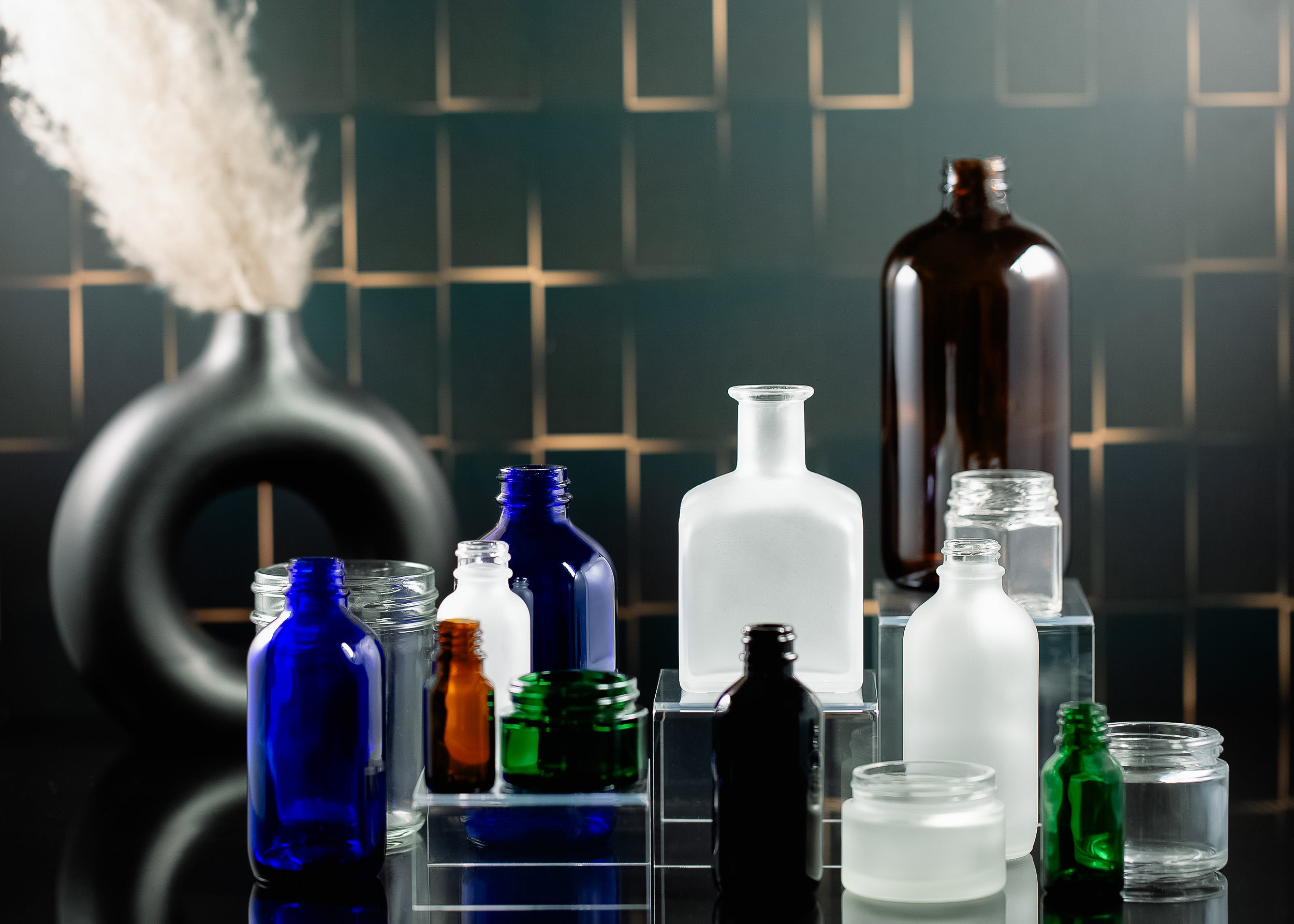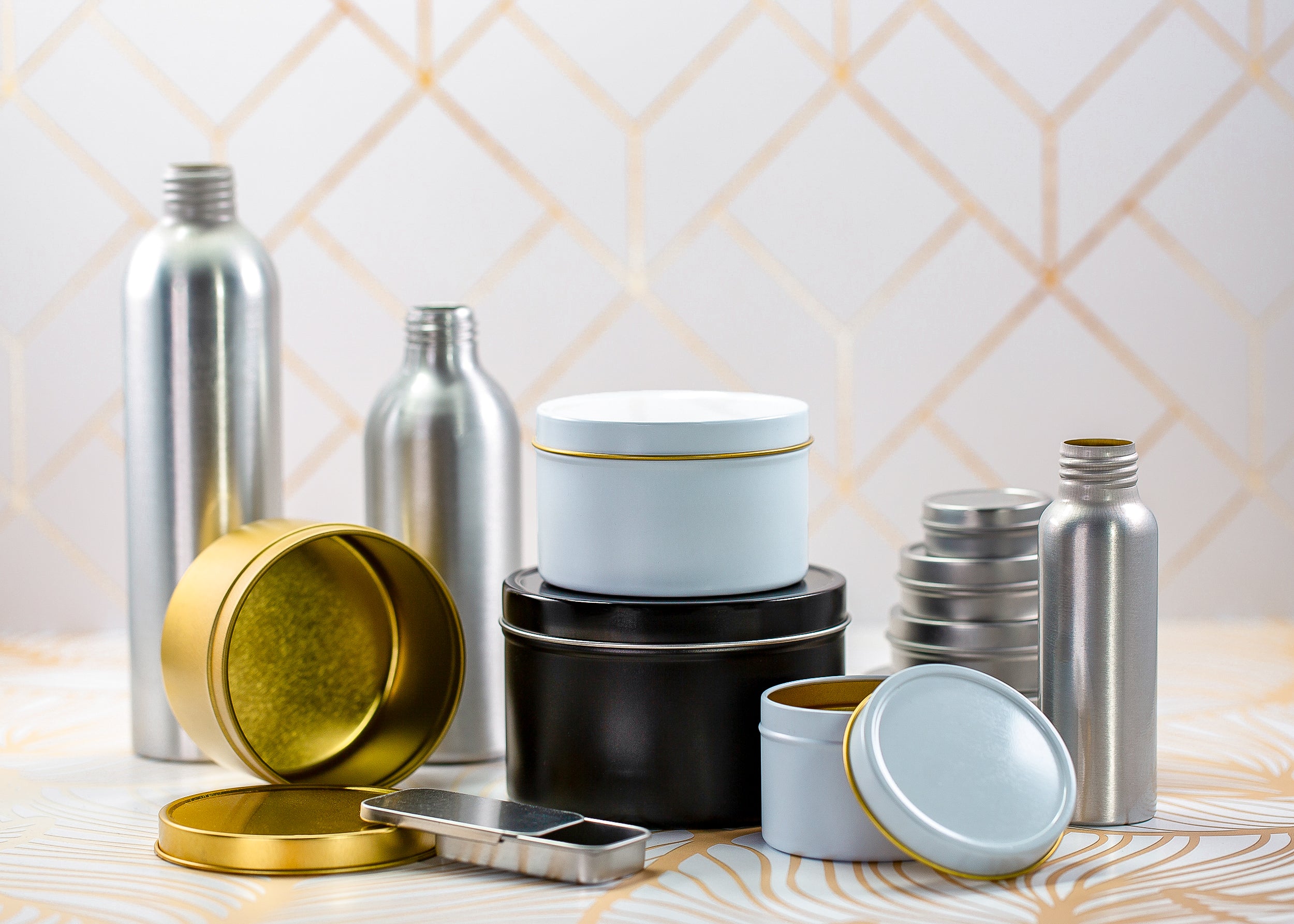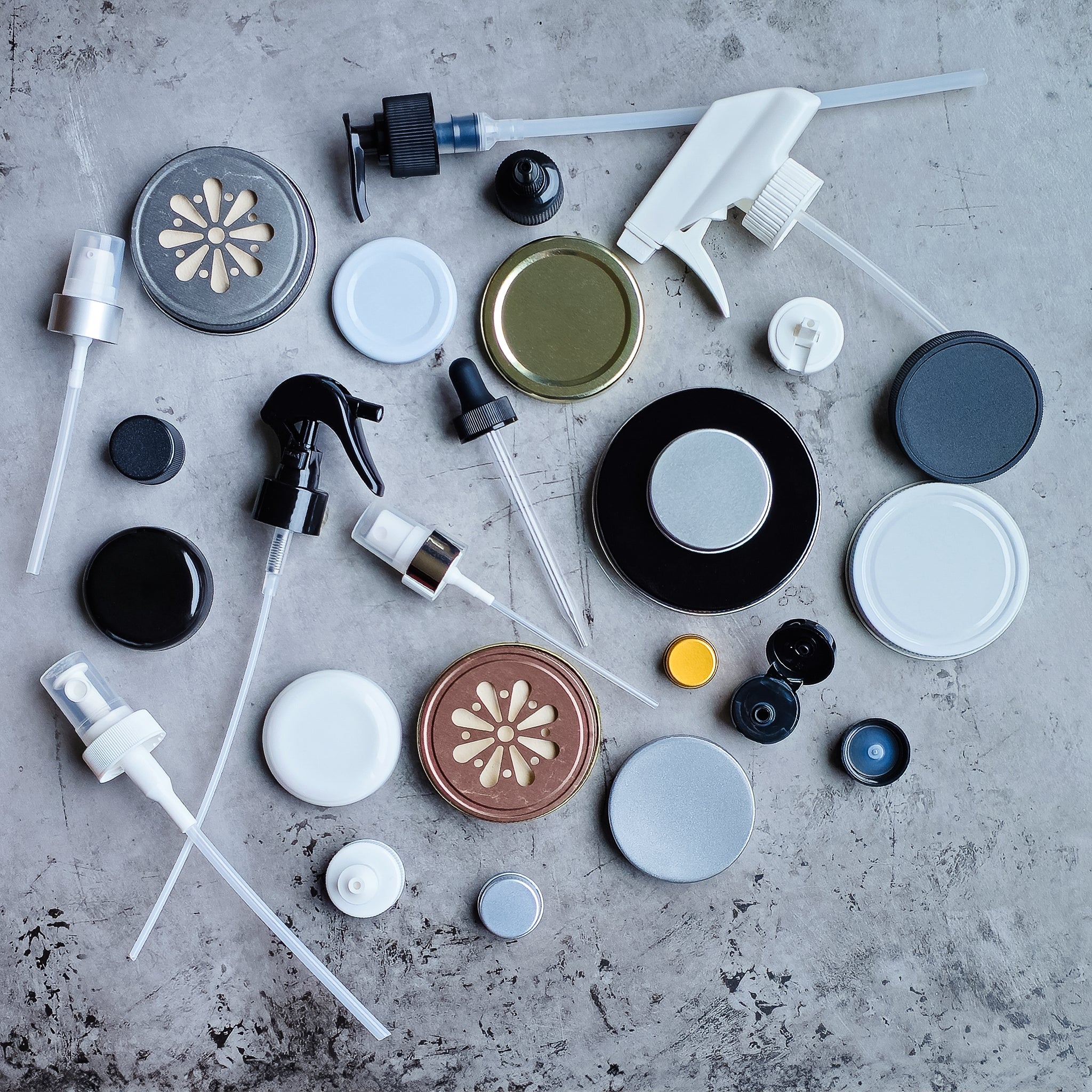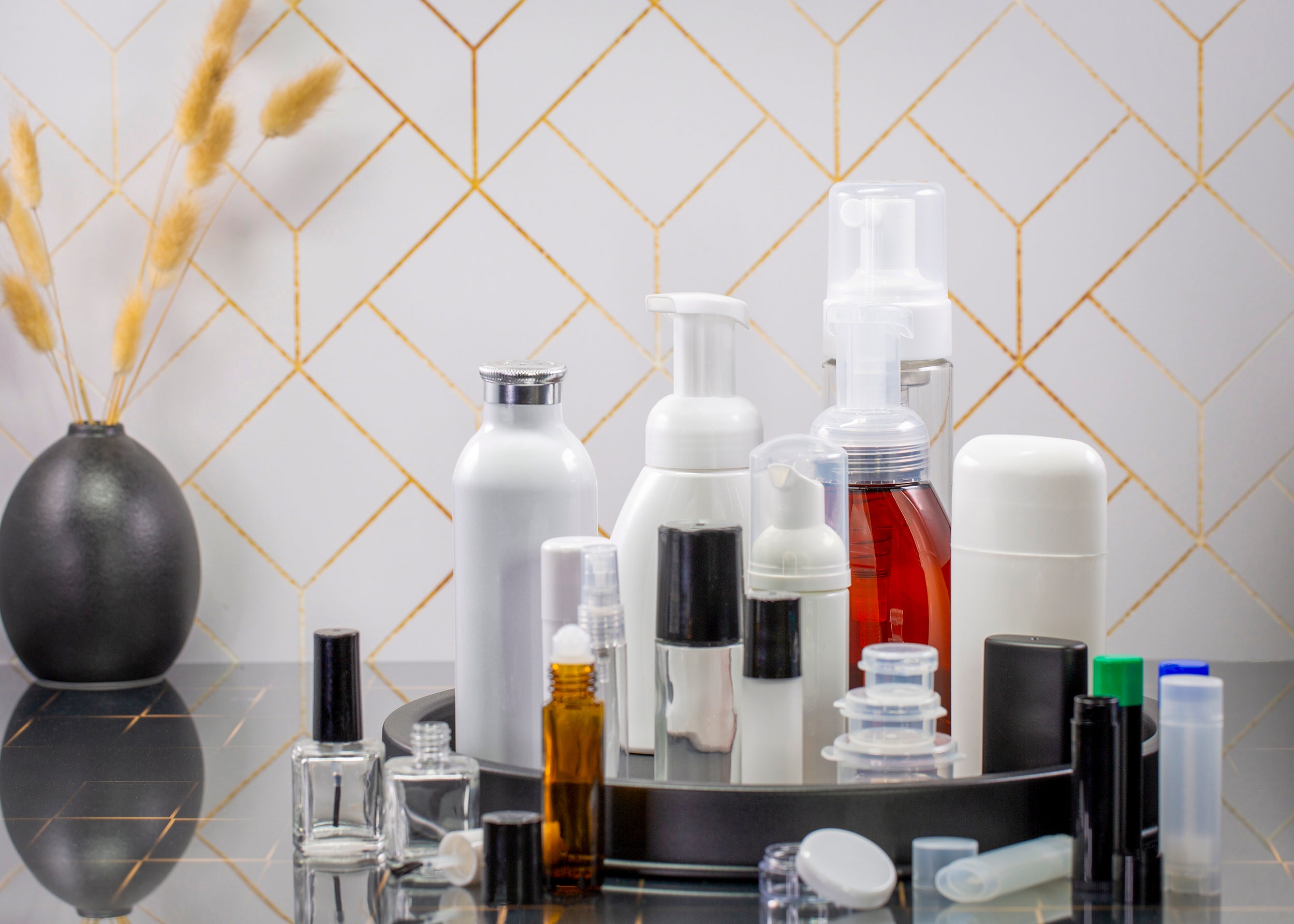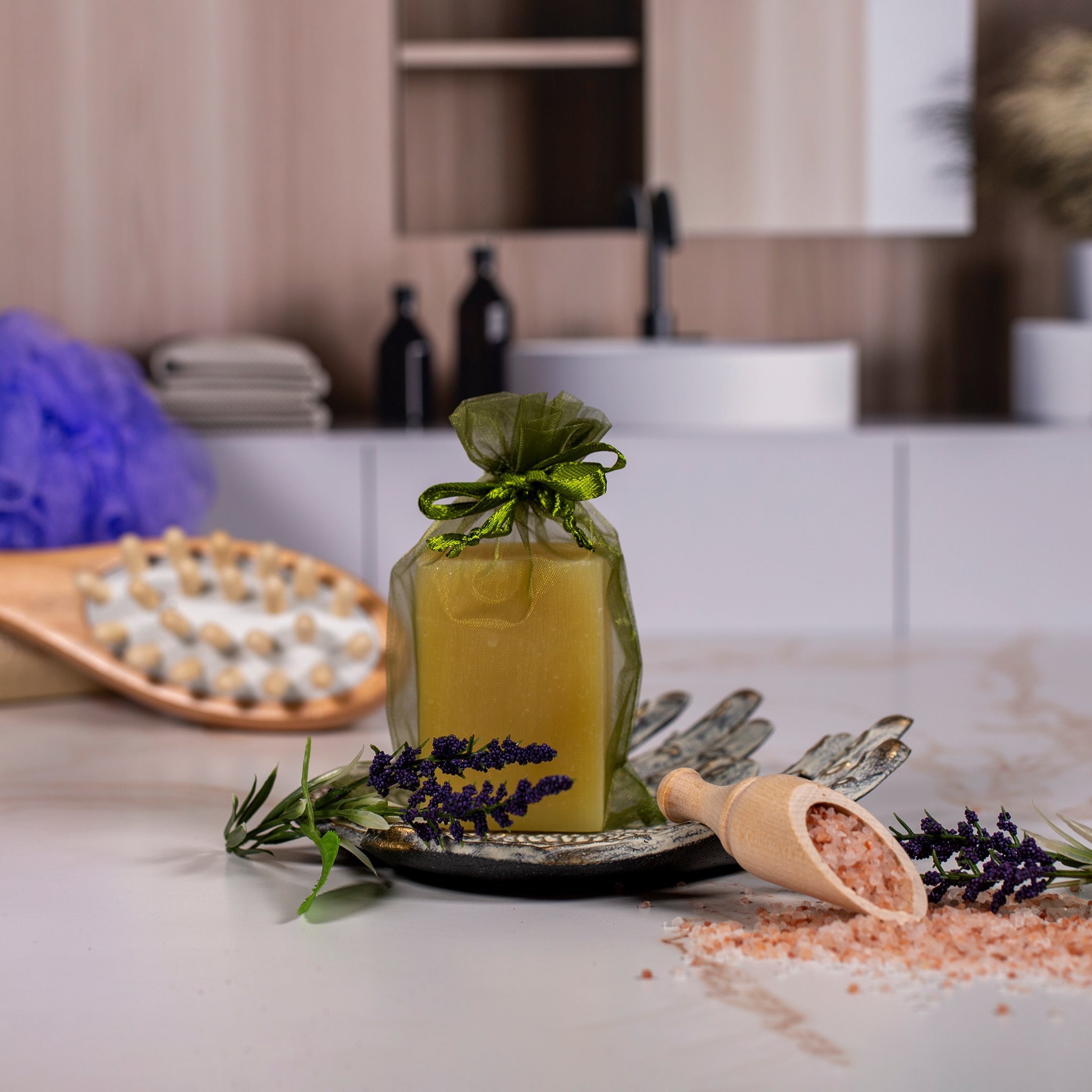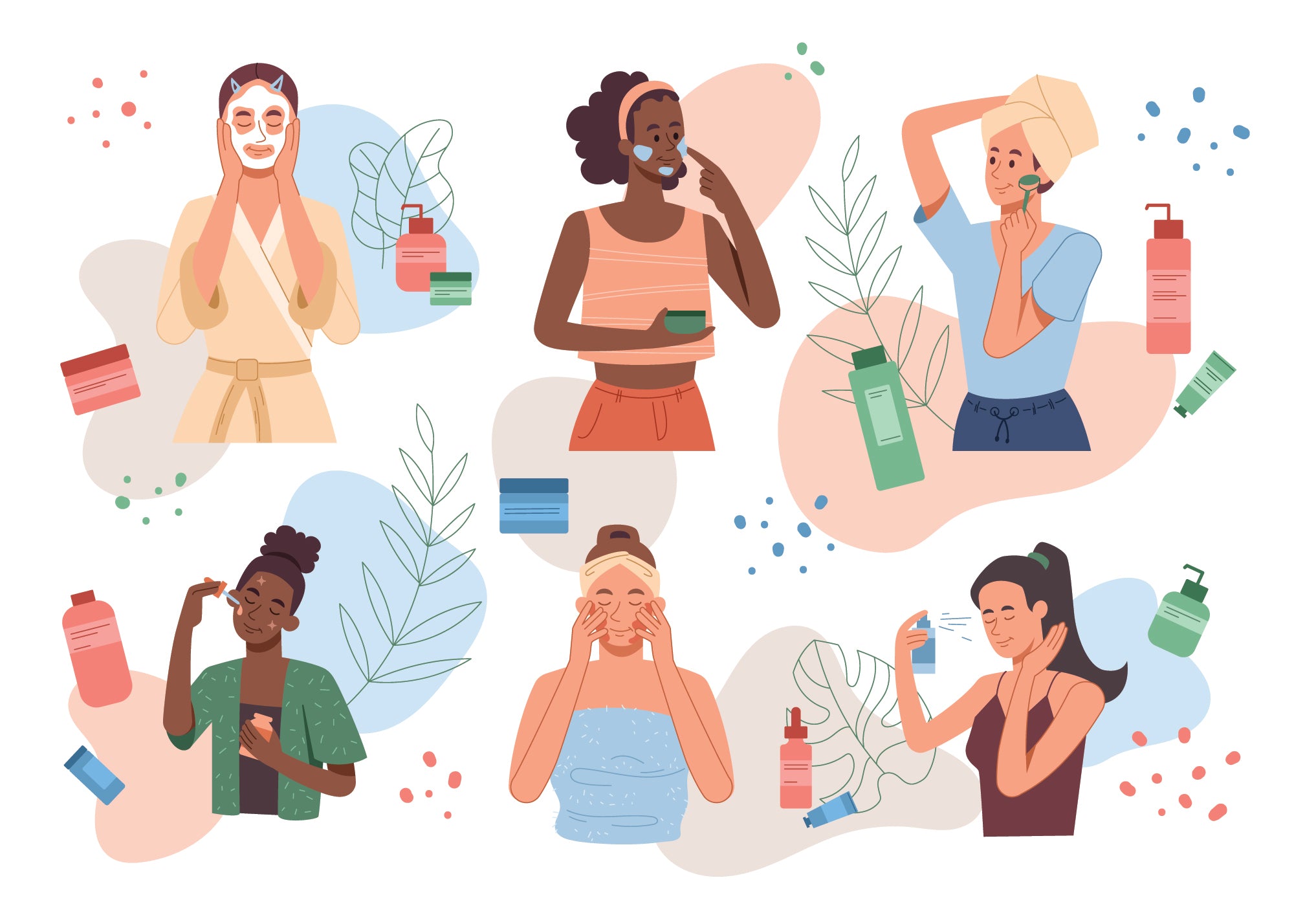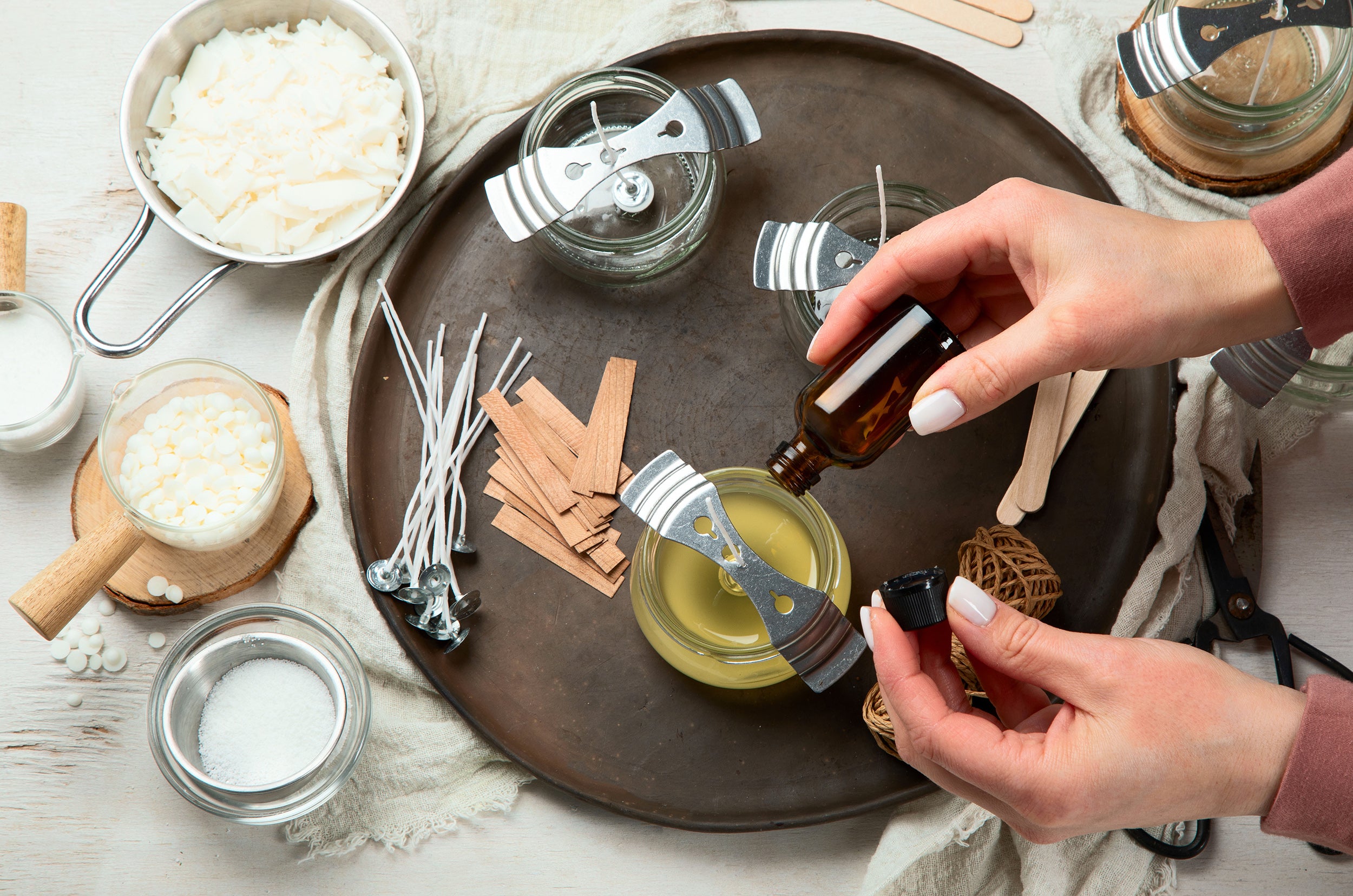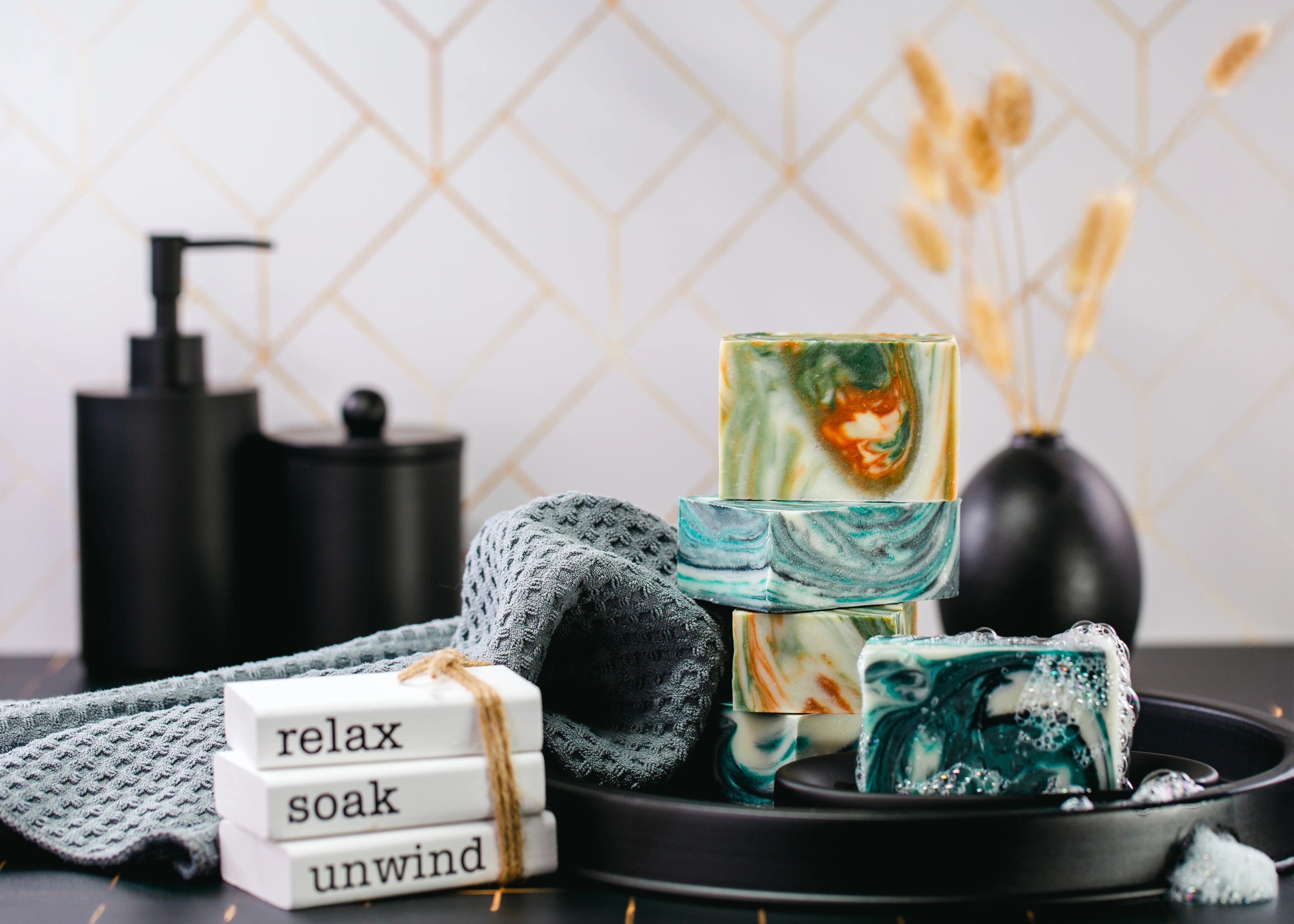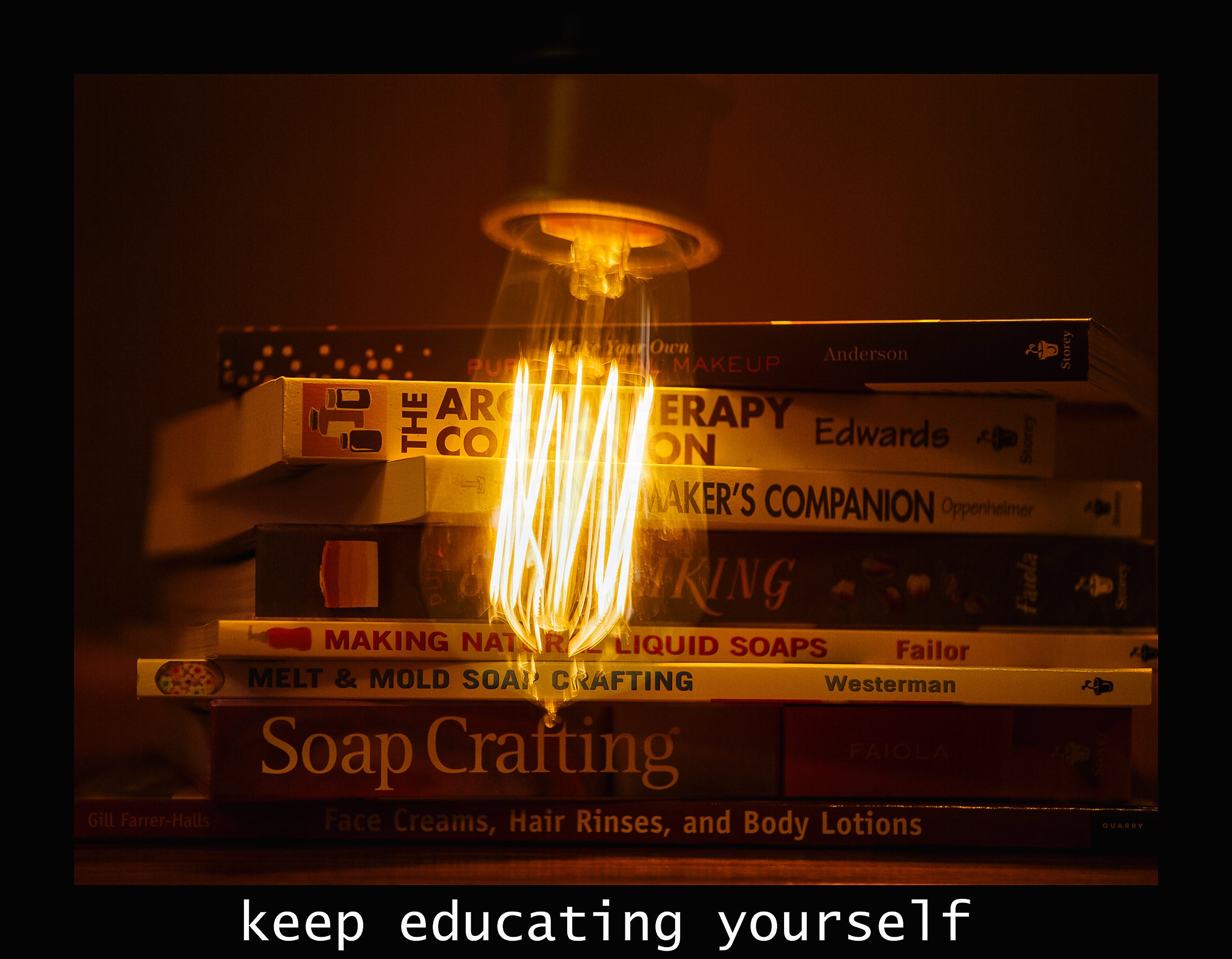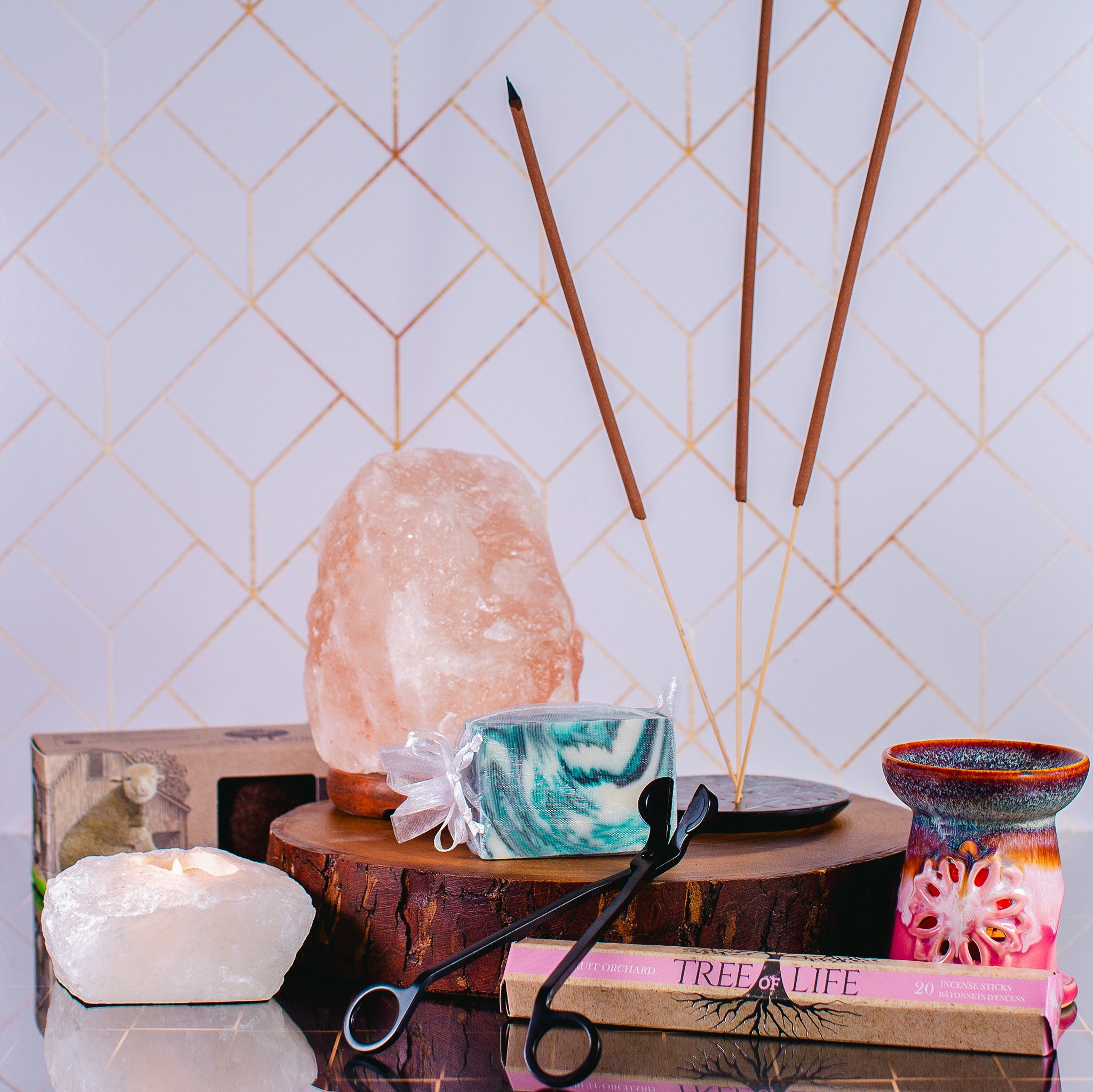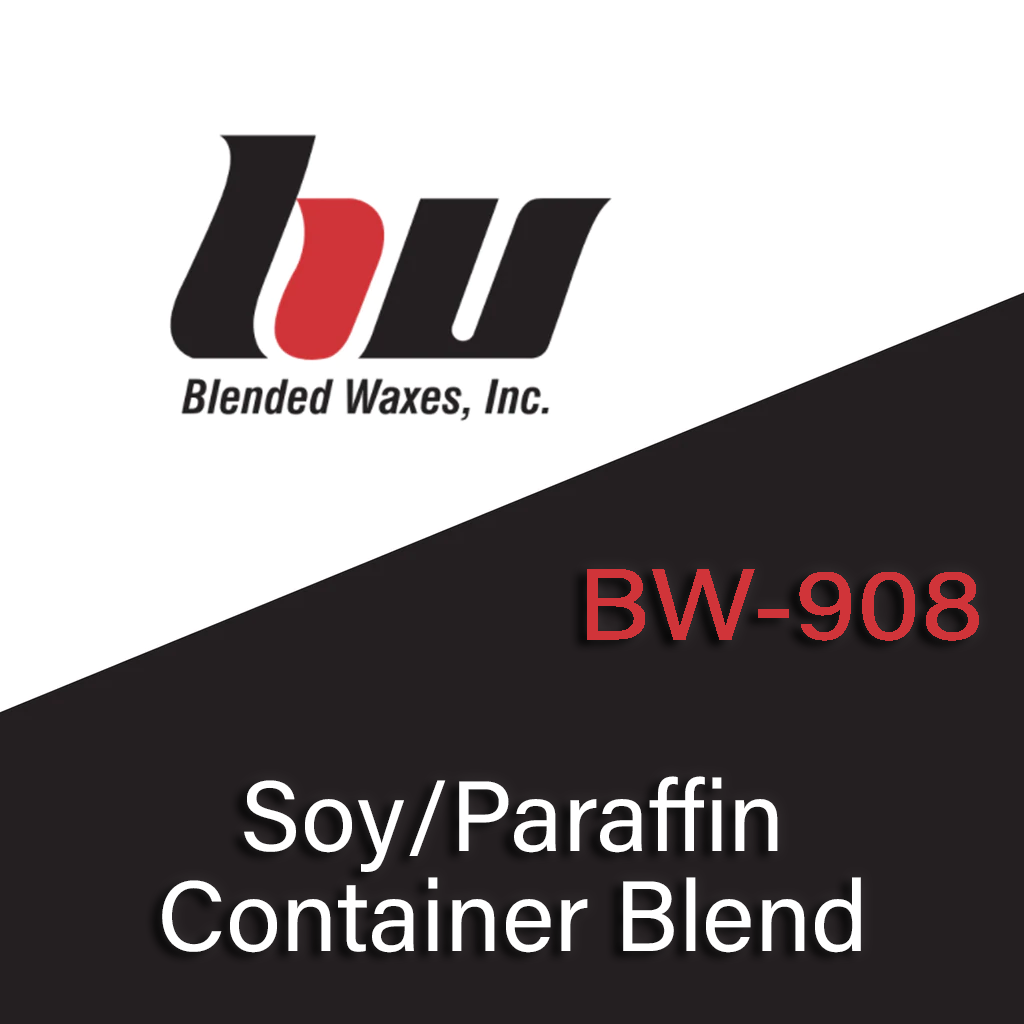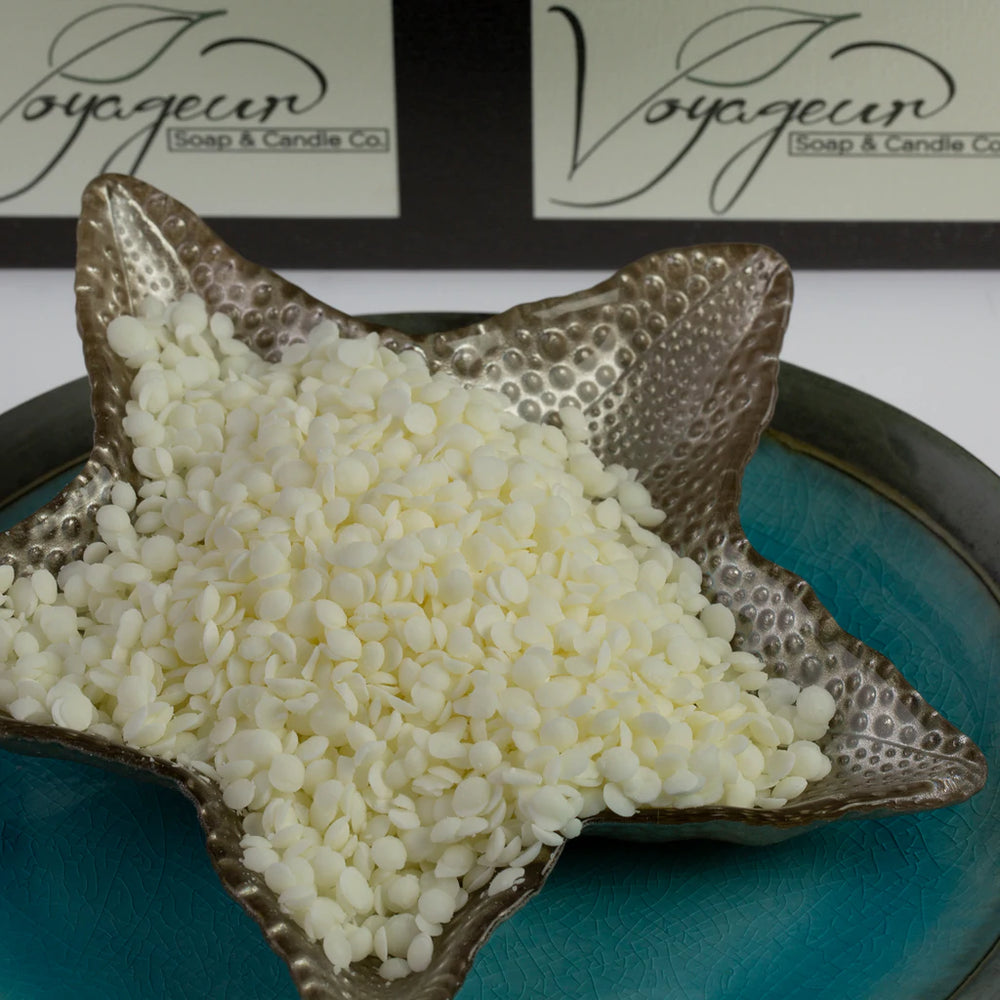Blended Waxes - BW 908 Soy/Paraffin Container Wax Blend
WX-BW-908-908G
BW-908 is a premium wax blend manufactured by Blended Waxes and formulated with an equal portion of natural waxes and fully refined paraffin wax for single pour, scented container candles. This wax blend is available in an easy to use pastille form and has a off-white, soft, smooth appearance, formulated for a high fragrance load and requires no additional additives.
Product Details
- Name: Blended Waxes - BW 908
- Manufacturer: Blended Waxes Inc.
- Melt Point: 125°F Typical
- Congealing Point: 125°F
- Manufacturers Recommended Pour Temperature: 170°F - 180°F (We always recommend experimentation to determine the optimal pouring temperature for your container)
- Manufacturers Recommended Scent Load: Up to 6% - 12% Maximum
- Packaging Format: Pastilles
- Candle Finish: White, Opaque
Benefits of Blended Waxes BW 908
- Single pour
- Pre-Blended, no additives required
- Good jar adhesion
- High fragrance load
- Accepts dyes and colourants well
- Bloom resistant
Blended Waxes – BW 908 Instructions
Blended Waxes -BW 908 allows for top surface re-melting if necessary to create a smooth top to your container candle. Blended Waxes – BW 908 is highly frost resistant and works great with dyes and has excellent scent throw both cold and hot.
Containers/Jars: Containers and jars should be clean and at ambient temperature. No pre-heating is necessary.
Dyes: The various dye blocks we carry work well with Blended Waxes – BW 908. When using dyes, heat the wax to 185°F, add the dye, and mix until dissolved.
Fragrances: Recommended scent load is 6% - 12%. It is recommended that after you melt your wax that you remove from heat and then add your fragrance, stirring gently for approximately 2 minutes to make sure fragrance is fully combined with the wax. If you are using a fragrance with a lower flash point, make an adjustment to your wax temperature as necessary.
Melting: Melt Blended Waxes – BW 908 to 170°F under gentle agitation to promote even heating and thorough mixing. Add any desired fragrance and dye, mixing well to incorporate. Allow the wax to cool to the 140°F - 160°F pour temperature.
Pouring:
- Pour temperatures will vary according to container type and size, fragrance(s), essentials oils, dye(s), and the candle effects you desire.
- Different container configurations result in various cooling rates. Cooling too quickly or too slowly can cause concaving and/or frosting. A recommended starting temperature for pouring is 140°F. Pour temperatures should be checked and confirmed according to seasonal changes and adjusted as necessary for the size/type of container using.
- As the candle is being poured, it is typical for wax to solidify at first contact with the container. Blended Waxes – BW 908 should have a pour temperature high enough so that when the container is full, the initial solidified wax has re-melted. Please note–the temperature should not be so high that the liquid wax sits more than 30 minutes before starting to solidify.
Candle Cooling: Cool undisturbed candles at an ambient temperature of 70° F (21.1°C). The containers should be about 1/2 inch (1.3 cm) apart to allow air circulation for even cooling. The container should remain open during cooling for at least 24 hrs (large candles may require longer times). Slower cooling will encourage container adhesion while quicker cooling will encourage container pull away. Blended Waxes – BW 908 is designed to adhere to the glass and should be encouraged to do so. Candles should be allowed to sit undisturbed for 48 hours before test burning.
Test Burning: Test burn the candle for burn pool diameter and quality after it has setup (cured or dried) for a minimum of 48 hours. Every combination of container, wax, dye, fragrances, and wick should be tested for burn quality.
Storage: Packaged: Due to its low melt point it is important to keep wax stored in a cool dry location away from direct heat, sunlight and moisture.
General Trouble Shooting:
- Test for one variable at a time when trouble shooting to isolate the cause. Variables include (but are not limited to): the container, wax, dye, fragrance, wick, pour temperature, and environmental conditions such, as cooling temperature, along with manufacturing conditions.
- First make a candle in the container with only the wick (no dye or fragrance). If it looks good then the wax is performing normally.
- Then, one at a time, change a variable. Try adding the dye without fragrance to the container, wax and wick. If it looks good and burns well, the dye is compatible with the wax.
- Try adding the fragrance without dye to the container, wax and wick. If it looks good and burns well, the fragrance is compatible with the wax.
- Try the dye and fragrance together with the container, wax and wick. If it looks good and burns well the dye/fragrance combination is compatible with the wax.
- If you are experiencing burn problems, try a different type or size of wick.
- Other variables to try are different pouring and cooling temperatures and even different containers.
- Ensure all equipment and materials are contaminant free.
- Test for one variable at a time when trouble shooting to isolate the cause.




